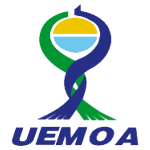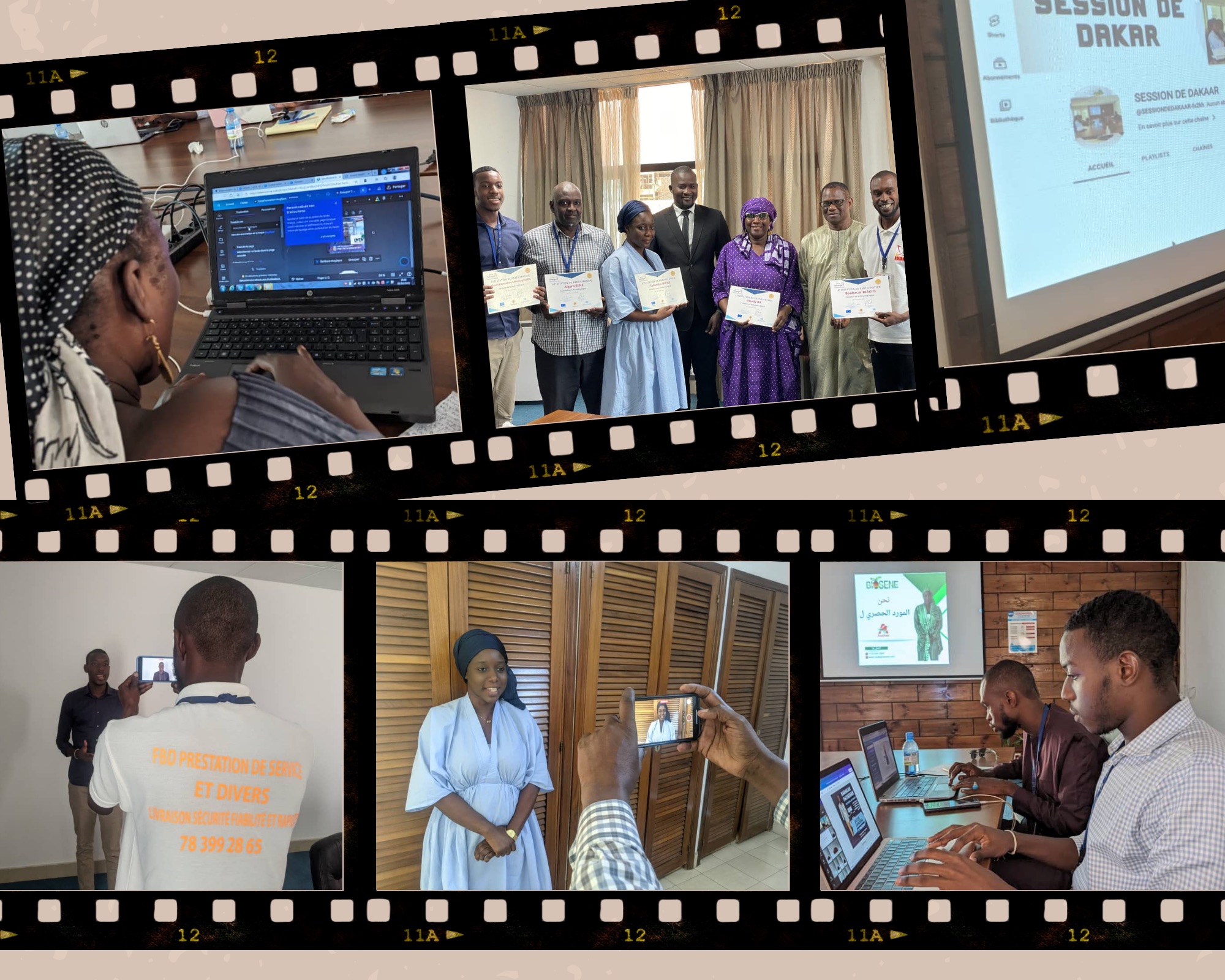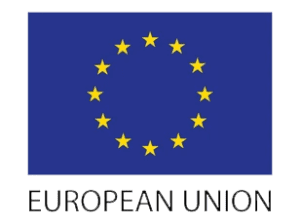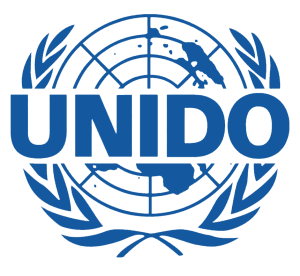Part of WACOMP’s mandate is to strengthen the contribution of regional value chains to the growth of West African economies and thereby improve their access to global markets. However, these ambitions cannot be achieved without first strengthening the capacity of enterprises along value chains at national and regional levels and facilitating their access to new market opportunities. This is where the essential role of business support organizations comes in.
Indeed, BSOs can help micro, small and medium-sized enterprises (MSMEs) to expand their distribution network by introducing them to intermediaries and potential buyers at the national and international levels. They thus support their efforts by sharing information on export conditions to destination countries and by establishing links with SOs in partner countries to create markets.
In the case of the “textiles and garments” value chain, a WACOMP-conducted study revealed that cotton fabrics, dyed (bogolan, bazin, indigo-dyed loincloth, etc.) and printed (baule loincloth, Kenté, sacred forest, Lepi, Kendeli, Batic, etc.) are in great demand in the region.
They have the greatest transformational impact on the value chain. Therefore, BSOs can facilitate the connection between local supply in producer countries and regional demand, such as retailers and potential consumers in ECOWAS member countries as well as Mauritania and establish a network of BSOs in support of value chains covered by the WACOMP and beyond.
Providing information on the potential of existing niche markets will undeniably help local businesses. However, encouraging and helping them to be legally recognized and adopting an adequate strategy to facilitate access and market power will ensure the viability of their additional investments. In designing their strategies, BSOs can include access to financial resources, which cannot be achieved without a legally registered business and is crucial in these times of health crisis. In this way, BSOs can connect local MSMEs with potential investors or financial institutions.
BSOs also work to strengthen the technical capacity of MSMEs to improve the quality of the goods and services they can provide. This support can cover a range of key activities – input selection, production, post-harvest activities, transport and storage conditions, processing or branding to improve sales and customer loyalty. A company’s performance depends on the quality of its management. By carrying out a diagnosis, the BSOs identify the company’s weaknesses and possible opportunities and can propose appropriate solutions.
Generally, poor performance is the result of cumbersome procedures, lack of standardization procedures, poor management of inputs and/or waste, poor measurement of financial performance and results. Opportunities may arise from the acquisition of better quality/cheaper equipment or inputs, the adoption of new production processes, or the integration of technological changes and the mobilization of adequate human resources.
Let’s take the example of cassava. Cassava is one of the most common value chains in West Africa. In the region, processing processes – generally artisanal – and issues relating to storage and conservation affect the competitiveness of the sector. BSOs can truly optimize productivity and value creation in many ways. They could, for example, help small enterprises to identify more suitable equipment and link them to potential suppliers.
Or they could introduce them to good practices in the storage, packaging and transport of processed cassava. In their search for new markets, BSOs can facilitate the establishment of facilities in partner countries within or outside the region and help them to source locally to reduce the cost of imports and strengthen regional integration along value chains. They can also provide support by disseminating market intelligence or creating partnerships that are relevant to partner country businesses.
In light of the above, there is a clear value in the services that a business support organization can provide to small firms. To deploy such potential, West African BSOs will need to build their capacity. With the support of its technical partners, WACOMP has already developed a set of concrete actions to develop this type of expertise.







